electropoetics
Week One: Introduction to Critical Code Studies
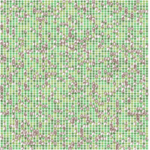
Meredith Finkelstein surveys key methodological aims of CCS, and considers the ways attending to code can enrich understanding of digital works, looking specifically at digital artist and programmer Eugenio Tisselli’s code for Amazon.html
Week Two: Indigenous Programming
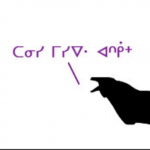
Kalila Shapiro discusses the problematic supremacy of English in global programming, and explores ways that Indigenous programming languages, including Jon Corbett’s Cree#, have sought to break down this “cultural coding barrier”
Week Three: Feminist AI
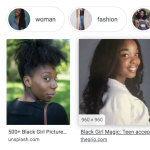
Patricia Silva explores the impact of Google’s Search algorithm on BIPOC and queer cultures and highlights the iconoclastic work of the Feminist.AI collective, a community of academics, artists, and designers who seek to empower people with ethical ways to store, use, and search information.
Learning Management Platforms: Notes on Teaching “Taroko Gorge” in a Pandemic
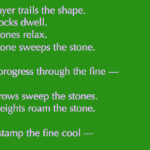
Dani Spinosa reflects on the relocation of e-Lit scholarship and pedagogy "in the remote classroom for the precariat writ large."
Gastropoetics
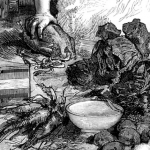
While Gastropoetics is a marginal practice, these culinary experiments explore the relational dynamics of cooking, hospitality, and eating as persistent humanistic practices, even as such practices are increasingly mediated by "food selfies" and other emerging, performative taste practices. Key to understanding the appeal of gastropoetics is the ad hoc nature of human production and consumption (see de Certeau's "everyday life") performed under the constraints of the generated menu, of the platform, and of the mnemotechnical system itself.